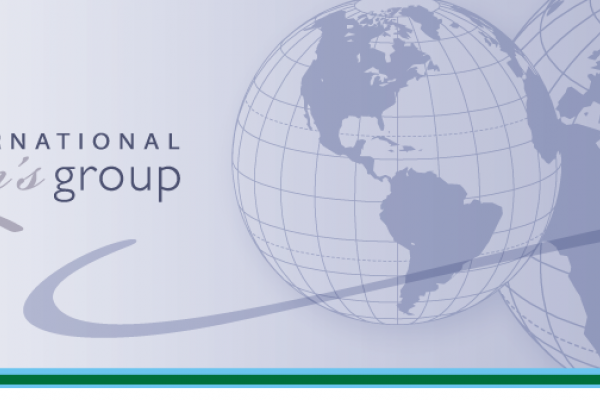New Study Sheds Light on What It Will Cost to End Trachoma Globally
RESEARCH TRIANGLE PARK, N.C. — New research by RTI International, in collaboration with several partners has examined the financial cost of tracking progress towards the elimination of trachoma. A neglected tropical disease (NTD) that affects the eye, trachoma is the leading infectious cause of blindness worldwide. The infection is transmitted by direct or indirect transfer of eye and nose discharges of infected people, particularly young children. Women are blinded up to four times as often as men, probably due to their close contact with infected children and their resulting greater frequency of infection episodes (WHO, 2019).
Published in the journal PLOS Neglected Tropical Diseases, the study investigated how much it costs to carry out the impact and surveillance surveys required by the World Health Organization (WHO) to track progress against trachoma. After analyzing 322 surveys across 11 countries, researchers found that the median cost of surveys — about $8,298 USD — differed significantly across countries but did not vary significantly by survey type, data source or years of implementation.
Although cost analyses do exist for baseline trachoma prevalence surveys, this is the first time that surveillance surveys have been studied.
“As countries get closer to eliminating a disease, their focus shifts towards the essential surveys that track progress. Costing studies like this one are essential to help national governments and the trachoma community understand what it will take to finish the job,” says Lisa Rotondo, Director of the USAID Act to End NTDs | East program. “This clear understanding of cost helps countries plan and advocate for increased government ownership and funding needed to reach elimination, a fundamental part of their journey to self-reliance in the fight against NTDs.”
Within countries, the study found that costs per survey did not decline over years of implementation because many of the component costs remain the same. Between countries, differences were mostly driven by how much it costs to pay surveyors and transport them to survey sites since survey fieldwork contributed to 80 percent of survey costs.
The study found evidence of cost savings due to economies of scale when multiple surveys were implemented in one year. This efficiency was mostly driven by savings on trainings, which accounted for 13 percent of survey costs.
The 322 surveys included in this study, and the analysis itself, were all supported by ENVISION, the US Agency for International Development (USAID)’s flagship global NTDs project, led by RTI International.
“ENVISION, like many other projects, already gathers cost data by tracking expenditures and/or creating fixed grant budgets. Costing studies like this one help projects and national programs use data that already exist to plan their activities and identify cost savings,” says Rachel Stelmach, Health Economics and Finance specialist at RTI and lead author of the study.
RTI and the Fight Against NTDs
More than one billion people around the world are affected by at least one NTD. Through the efforts of the global NTD community, hundreds of millions are no longer at risk, and countries are eliminating these diseases.
For more than 13 years, RTI International has provided technical assistance to national NTD programs working towards global targets for NTD control and elimination. From 2011 to 2019, RTI International supported countries in all phases of NTD program implementation through USAID’s ENVISION project. During that eight-year initiative, RTI and partners supported national health systems to deliver more than 1.4 billion treatments to those at-risk for NTDs. To date, more than 86 million people are no longer at-risk for trachoma in ENVISION-supported countries.
Now, RTI is proud to lead USAID’s Act to End NTDs | East program, which will partner with governments and other stakeholders to build sustainable, country-led NTD programming, with a focus on national planning and financing processes. To learn more about RTI’s work fighting neglected tropical diseases, visit acteast.org and follow us on Twitter at @RTIfightsNTDs.
